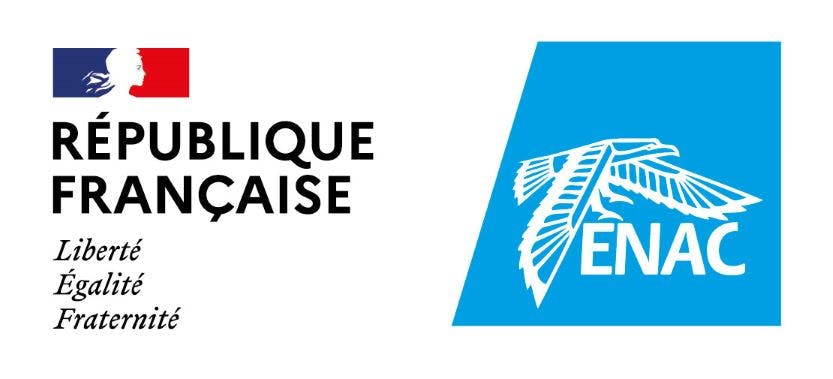PhD Position in Robust AI-based Guidance and Navigation for Drone Swarms
Toulouse, 31400
CDD
01/10/2025- 30/09/2028
Description
Join our innovative research team at ENAC, renowned for national and international projects including VOLTIGE, SKYSCANNER, FIREFLIES, and ATLAS. Benefit from exceptional facilities and expertise:
· A large indoor flight arena (10x10x10 meters) with an OptiTrack motion capture system.
· Dedicated outdoor flight facility at Muret, near Toulouse.
· In-house developed Paparazzi open-source autopilot system.
· We tackle significant practical and theoretical challenges in UAS technology, airspace management, and multi-agent autonomous systems.
Missions
ENAC's Dynamic Systems Research Axis invites motivated candidates to apply for a fully-funded PhD position focusing on robust guidance and navigation algorithms for collaborative drone swarms. You will join an exciting project aimed at developing perception-aware guidance frameworks using advanced AI techniques, including neural ordinary differential equations (Neural ODEs), differential geometry, and multi-agent systems.
Project Summary:
The project will develop a robust AI framework for collaborative drone swarm perception and navigation, leveraging multimodal sensory data (visual and LiDAR) to ensure reliable operations in challenging environments, including adverse weather and poor lighting conditions. Your PhD research will specifically focus on:
· Developing innovative perception-aware guidance algorithms for drone swarms.
· Implementing collision avoidance and swarm navigation integrated seamlessly with robust perception models.
· Empirically validating these approaches through extensive field testing and experiments.
Profil
We seek highly motivated candidates with:
· A Master's degree (or equivalent) in Robotics, Aerospace Engineering, Computer Science, or a related field.
· Strong background in drone guidance, multi-agent systems, and swarm robotics.
· Proficiency or strong interest in AI, deep learning, and neural ODEs.
· Basic familiarity or interest in computer vision techniques.
· Programming experience in Python and/or C++.
· Good communication skills and a collaborative spirit within interdisciplinary teams.
Application Process:
The application should include a cover letter, a detailed curriculum vitae, a list of publications/projects (if there are any…), and the name and contact information of at least one reference.
Shortlisted candidates will be contacted for further interview and discussion.
